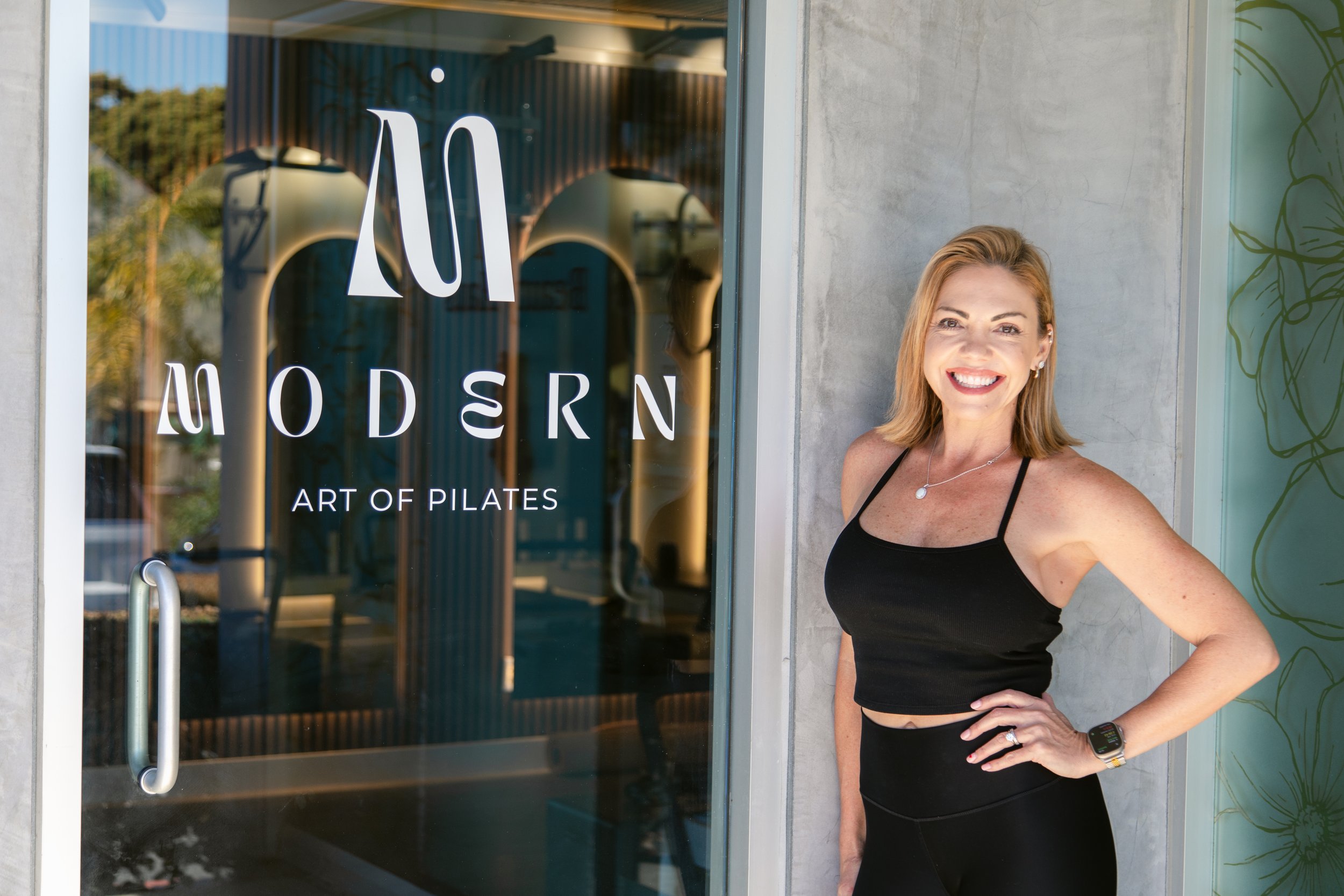The Ecology Center GROWS, EATS, and MAKES for a Better Environment
You drive a Prius, eat locally-sourced foods, shop with a reusable bag, and haven’t used a straw since 2015. You’re doing your part for the planet and we’re right there with you.
But if you’ve been looking for a new way to save the earth, check out the work of The Ecology Center, a non-profit that’s working to teach Southern California how to thrive with the planet through the food that we eat.
If you’ve never heard of The Ecology Center, then it’s time to get down to San Juan Capistrano where you can tour their 28 acres of organic farmland and living laboratory. “The Ecology Center seeks to provide a blueprint for living abundantly on Planet Earth — to explore what it looks, tastes, and feels like when humans live in harmony with nature and one another,” explains Kat Reynolds, the Center’s Director of Community Engagement. “We host a variety of educational programs, field trips, workshops, cooking demos, film screenings, and speaker series inspired by our three initiatives: GROW, EAT, and MAKE to help bring this vision to life.”
While initially this might sound great for teaching a group of fifth graders (and they totally do with a series of farm scavenger hunts, veggie tasting, and arts and crafts) The Ecology Center actually works with the whole community -- young and old -- to educate everyone on the real needs, solutions, and how-to’s of farm-to-table eating.
They can teach you how to build and install a rain barrel, how to choose the right seeds for your own farm, and if you really want to get fancy, host your own farm-to-table meal at home.
Of course, not everyone is trying to build their own organic farm. Maybe your backyard is too small or you can barely keep your succulents alive — we’re not judging. If your experience in agriculture is limited to an Instagrammable apple-picking trip once every fall, you can still work towards a sustainable and environmentally-friendly kitchen. They offer an organic farmers market and have a multitude of cookbooks and classes that show you how to create these foods in your own home.
And this year, you can expect even more. “Moving into 2020 and beyond, we are focused on building a model for regenerative organic agriculture,” notes Reynolds. “We are now working to build a holistic model for a sustainable food future, including a culinary institute, a farm institute, increased retail, a cafe, and more. In 2020 we will focus on the first big infrastructure piece in this campaign -- our commissary -- in order to create a sustainable business around food preservation, events, and culinary training.”
The Ecology Center doesn’t just stop where the farmland ends.
The MAKE part of their initiative focuses on purchasing with intention — stopping to think about where our things come from and the risks they could pose to the environment or ourselves.
Working with local artisans, they hold regular Maker’s Markets to bring the community together, where shoppers can buy and shop in a sustainable and purposeful way.
“Keeping in tune with our mission to educate, promote, and inspire others to live a sustainable lifestyle, Maker’s Market artisans produce original, beautiful, handmade, utilitarian products that support an eco-friendly lifestyle that are lasting and made with intention -- inspiring those who purchase their goods to also think intentionally about their purchases, the life cycle, and the source of each item, acknowledging time, talent, tradition, and resources,” says Reynolds. “Ultimately, this plants the seed for us to think critically about our lifestyle and the value of purchase power in order to shift a system.”
And while taking farm-to-table cooking classes, shopping for organic, hand-dyed cotton blankets, and growing your own avocado for the best avo toast ever can be fun, the underlying hope of The Ecology Center is to better educate the community and to get people discussing and working towards environmental harmony. “Together we can change how we nourish our families, connect to our land, and make what we all need to thrive,” says Reynolds. “This project is an extraordinary opportunity to impact our community today, while ensuring the preservation of essential resources and practices for generations to follow.”
Marissa Stempien is a freelance editor and writer that loves a good organic avocado but can’t seem to keep an air-plant alive. With a degree in English Literature and a minor in Asian Studies, she has written on travel, fashion, beauty, technology, culture, and food, and enjoys writing short stories in her spare time. Find her on social media at @paperandlights.












Board-certified PA Ali Grean from Laguna Dermatology shares 7 expert-approved tips to protect your skin from sun damage this summer — including SPF advice, antioxidant must-haves, and when to consider laser treatments.